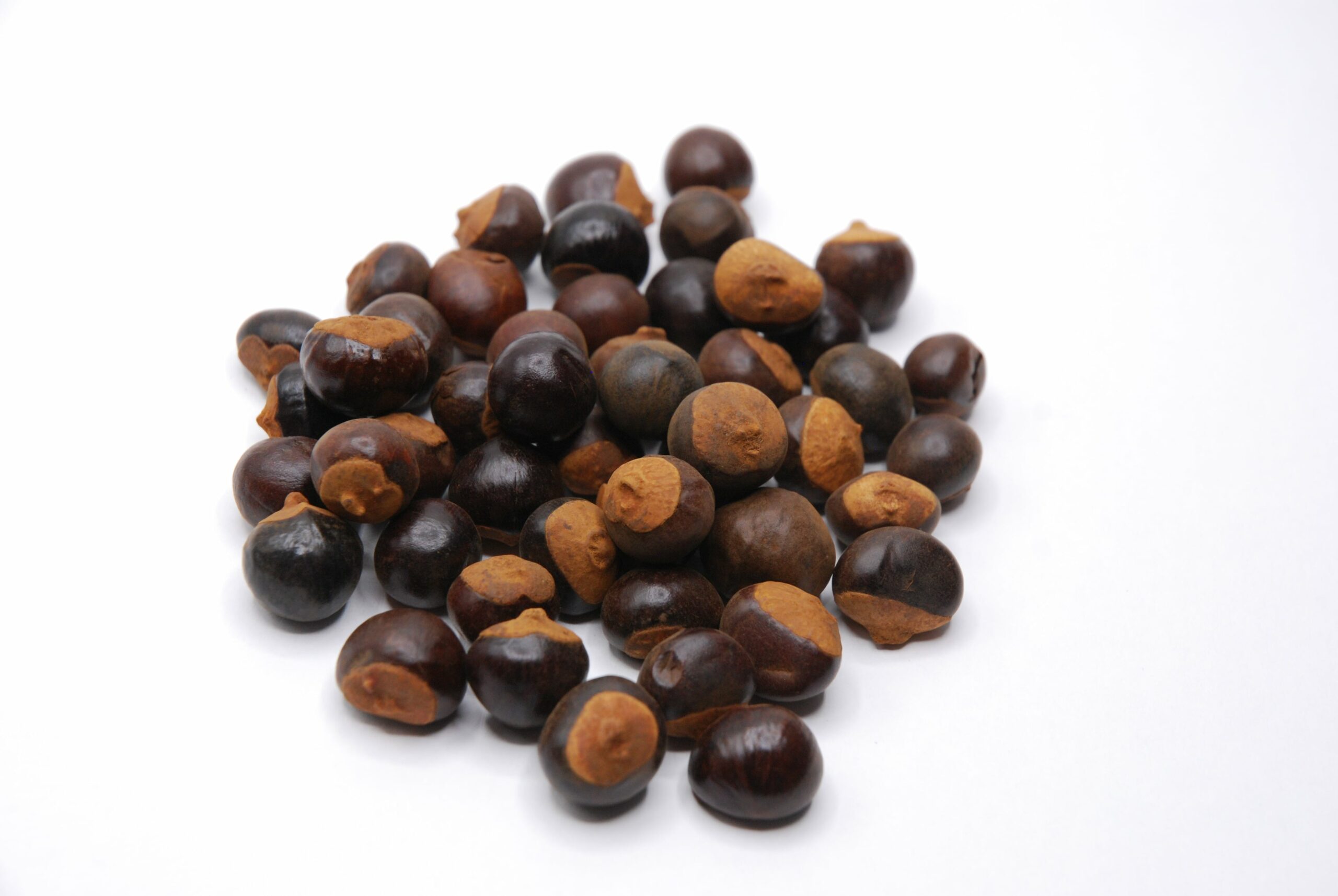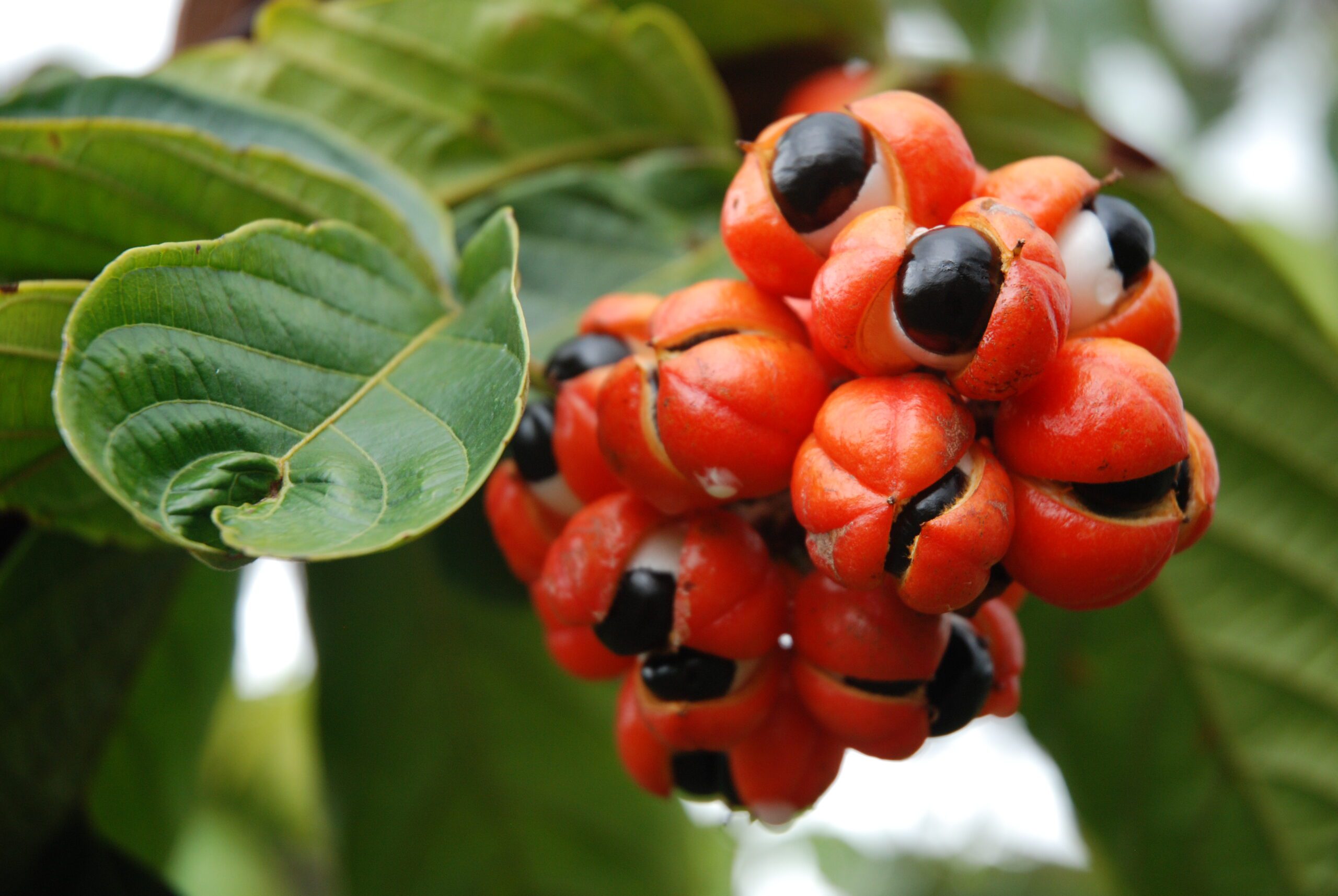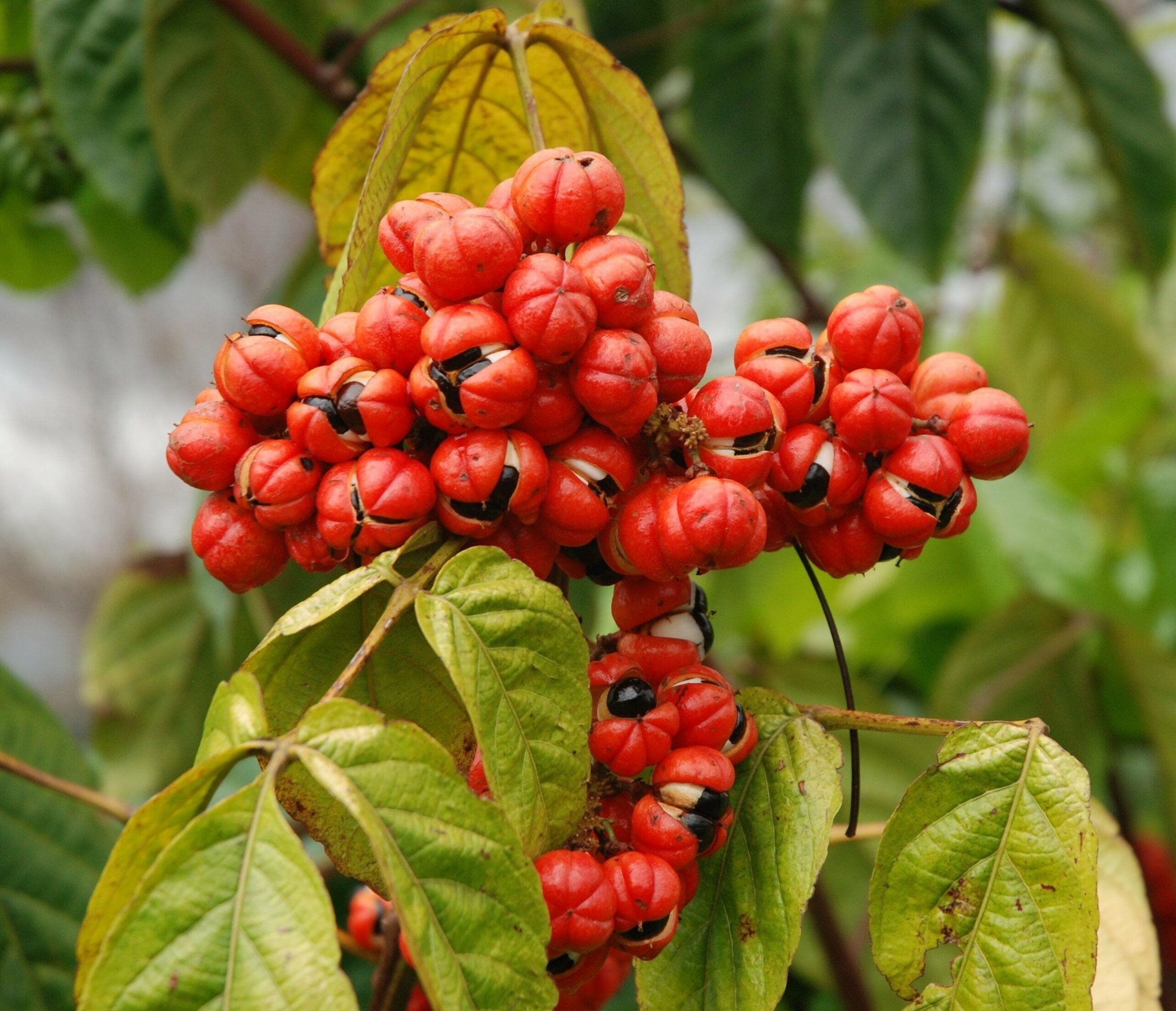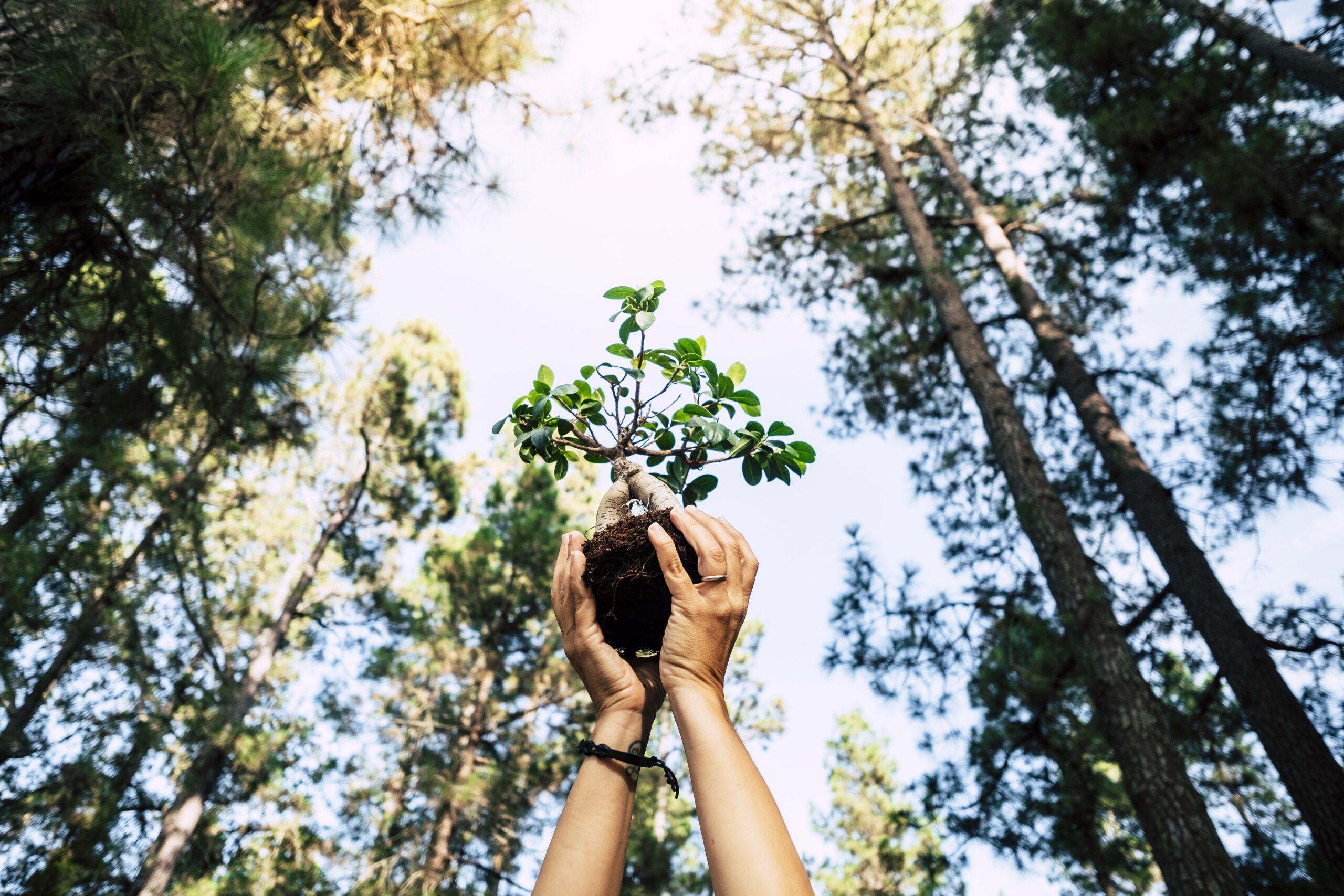Brazil, a country known for its rich cultural heritage, is home to the traditional culture of guarana.
Guarana is a tropical fruit native to the Amazon rainforest, which has played a significant role in the customs and traditions of the indigenous communities in Brazil for centuries. The Guarana plant, scientifically known as Paullinia cupana, belongs to the Sapindaceae family. It is a creeping shrub that grows in the wild, primarily in the states of Amazonas and Pará in Brazil. The fruit of the guarana plant has a vibrant red color, resembling a human eye. The indigenous people of Brazil have long considered guarana to be a sacred plant, deeply ingrained in their cultural practices.
The traditional preparation of guarana involves drying and grating the seeds, which are then roasted to enhance their flavor and potency. The roasted seeds are ground into a fine powder, which is mixed with water or fruit juices to create a stimulating beverage. This traditional concoction, known as guarana, is widely consumed in the Amazon region and has gained popularity worldwide as an energy drink.

The consumption of guaraná is deeply rooted in the belief that it possesses medicinal properties. The indigenous communities in Brazil use it as a natural remedy for various ailments, including fatigue, headaches, and digestive problems. Its stimulating effects are attributed to its high caffeine content, which is much higher than that of coffee or tea. Guarana is also believed to boost cognitive function, increase alertness, and improve mood.
Beyond its medicinal properties, guarana holds cultural significance in Brazilian folklore and superstitions. It is believed to bring good luck and ward off evil spirits. Many indigenous communities use guarana seeds as amulets or charms, carrying them for protection and as a symbol of their cultural identity.
With its rich cultural history and potent properties, guarana has become a sought-after ingredient in the global market. It is now commonly found in energy drinks, nutritional supplements, and even skincare products.
The traditional culture of guarana goes beyond its physical attributes. It represents a deep connection between nature and indigenous communities, symbolizing their resilience, traditions, and respect for the environment. As the world becomes more aware of the importance of preserving traditional cultures and natural resources, the value of guarana continues to grow.

Guarana’s sacred status and cultural significance have shaped the way it is used and valued both within Brazil and worldwide. As we embrace and appreciate this culturally significant fruit, let us also recognize the importance of preserving the traditions and environment from which guarana stems.



